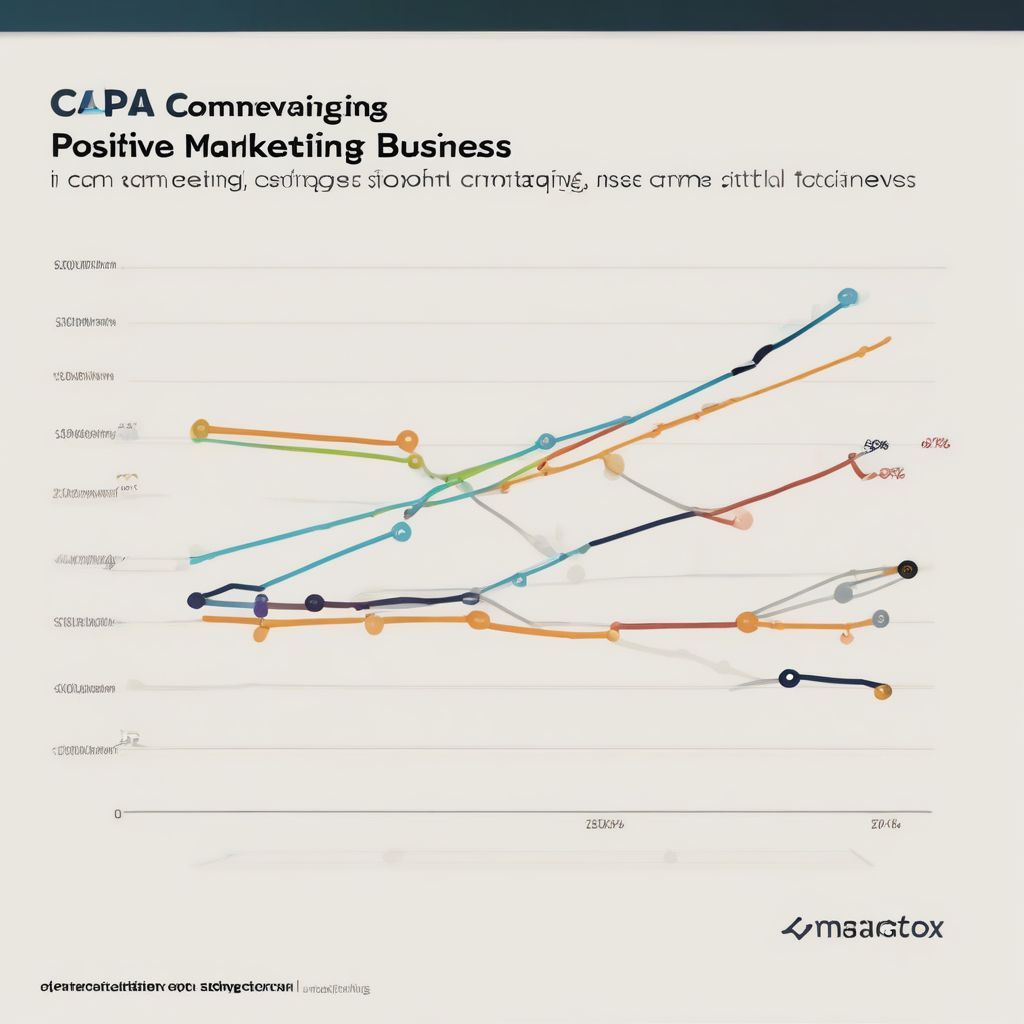CPA for Small Businesses: A Comprehensive Guide
In the competitive landscape of today’s market, small businesses are constantly seeking avenues for growth and success. While traditional marketing strategies still hold value, the digital age has ushered in a new era of marketing – one driven by data, analytics, and measurable results. This is where CPA (Cost Per Action) marketing emerges as a game-changer for small businesses.
Understanding CPA Marketing
CPA marketing is a performance-based advertising model where advertisers pay only when a specific action is taken by a potential customer. This action could be anything from making a purchase, filling out a form, or signing up for a newsletter. Unlike traditional advertising models where you pay for impressions or clicks, CPA focuses solely on conversions, making it a highly efficient and cost-effective approach for small businesses.
Why is CPA Marketing Ideal for Small Businesses?
-
Measurable ROI: One of the biggest advantages of CPA marketing is its measurability. Small businesses can track every dollar spent and directly correlate it to the actions taken by their target audience. This allows for precise campaign optimization and maximizes return on investment.
-
Budget-Friendly: CPA marketing is often more budget-friendly than other digital marketing strategies like PPC (Pay-Per-Click). Since you only pay when a desired action is performed, you can control your spending and ensure that your budget is being used efficiently.
-
Targeted Approach: CPA marketing allows for highly targeted campaigns. By partnering with affiliate networks or publishers that cater to your specific niche, you can reach a more qualified audience, increasing the likelihood of conversions.
-
Low Risk: With CPA marketing, there’s minimal risk involved. Since you only pay for conversions, you’re not wasting money on ineffective impressions or clicks.
lozaviral.com/wp-content/uploads/2024/08/CPA-Marketing-Chart-66c5a4.jpg" alt="CPA Marketing Performance Chart" width="1024" height="1024">CPA Marketing Performance Chart
Key Considerations for Small Businesses Implementing CPA Marketing
-
Defining Your Target Audience: Before diving into CPA marketing, it’s crucial to identify your ideal customer. Understanding their demographics, interests, and online behavior will enable you to create highly targeted campaigns that resonate with them.
-
Choosing the Right CPA Network: There are numerous CPA networks available, each with its own set of strengths and weaknesses. Researching and selecting the right network that aligns with your business goals and target audience is essential.
-
Setting Realistic Goals and KPIs: Establish clear and attainable goals for your CPA campaigns. Whether it’s increasing website traffic, generating leads, or boosting sales, setting realistic key performance indicators (KPIs) will allow you to measure success effectively.
Common Questions About Cpa For Small Businesses
What are some examples of CPA actions?
CPA actions can vary depending on your business goals. Common examples include:
- Sales
- Form submissions
- Email subscriptions
- App downloads
How much does CPA marketing cost?
The cost of CPA marketing can vary based on factors like industry, competition, and target action. Generally, businesses set a budget for how much they’re willing to pay per action (CPA).
How long does it take to see results from CPA marketing?
The timeframe for seeing results from CPA marketing can differ based on your campaign strategy, niche, and other variables. It’s important to monitor your campaigns closely, analyze data, and make adjustments to optimize performance.
Conclusion
CPA marketing presents a powerful opportunity for small businesses to thrive in the digital landscape. By understanding the fundamentals of CPA, identifying the right partners, and implementing strategic campaigns, small businesses can leverage this performance-based model to drive conversions, maximize ROI, and achieve sustainable growth. Remember to continuously research and explore the ever-evolving realm of digital marketing to discover the strategies that best suit your business needs.




